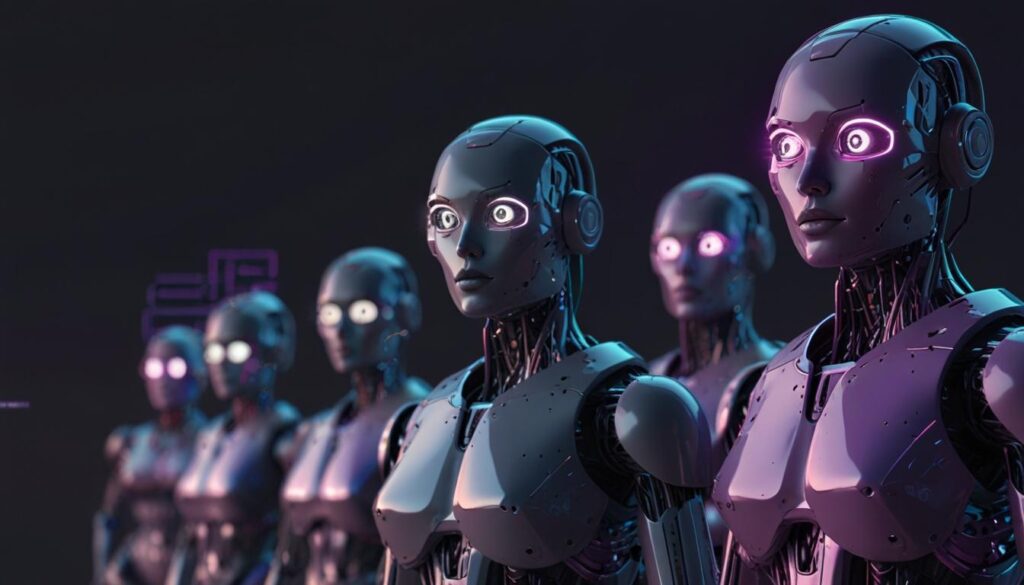Microsoft’s new AutoGen framework utilises multiple AI agents to enhance chatbot reliability, enabling collaborative approaches for complex tasks with potential for errors.
Microsoft has introduced AutoGen, a new framework designed to enhance the reliability of AI chatbots by utilizing multiple AI agents that can interact and double-check each other’s responses. Unlike single-chatbot systems like ChatGPT or Anthropic’s Claude, AutoGen allows for a collaborative approach, engaging several AI chatbots to handle complex tasks more effectively. This system is built on OpenAI’s GPT-4 but is customizable for various uses.
Chi Wang, principal researcher at Microsoft Research, explained that several AI chatbots could be programmed to work in different settings, such as a chess game or a football match. Experiments have shown one chatbot acting as a reporter and another as an editor, although the added complexity could lead to increased errors.
Currently, AutoGen is still in the framework stage, with no major tech companies having fully adopted this multi-agent approach. The developers aim to incorporate Google’s Gemini AI in future improvements. This development comes amidst ongoing issues with AI chatbots providing unreliable advice, such as suggesting adding glue to pizza sauce, highlighting the need for more reliable systems.










